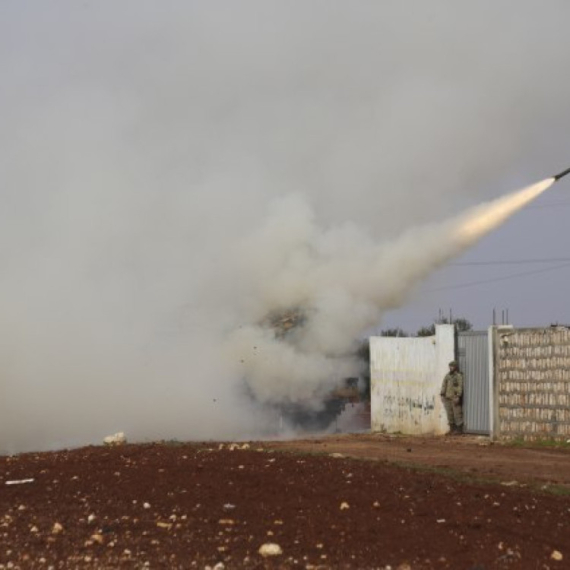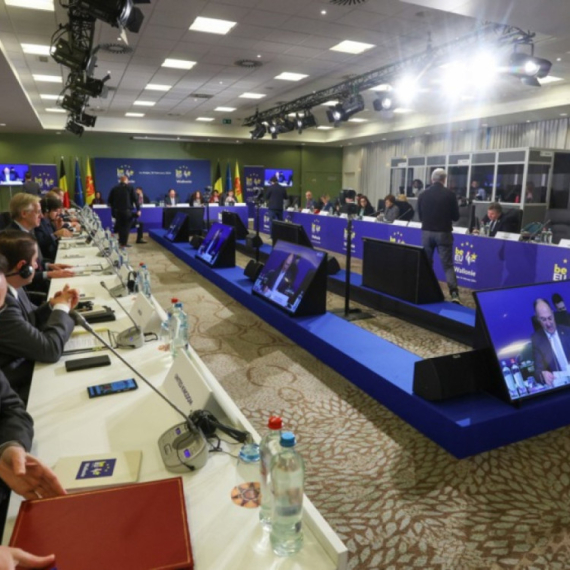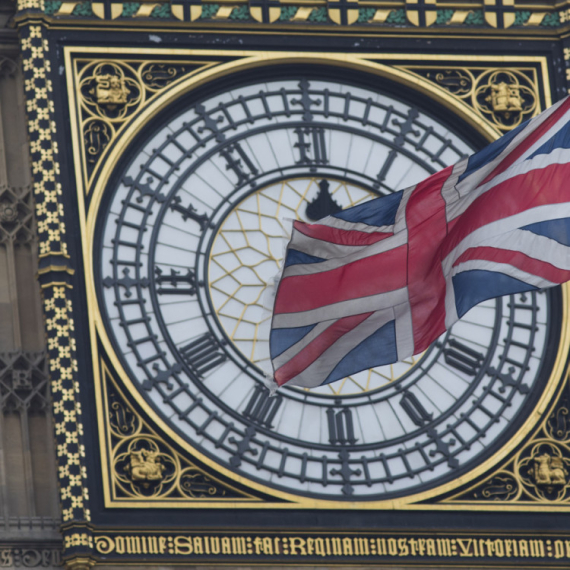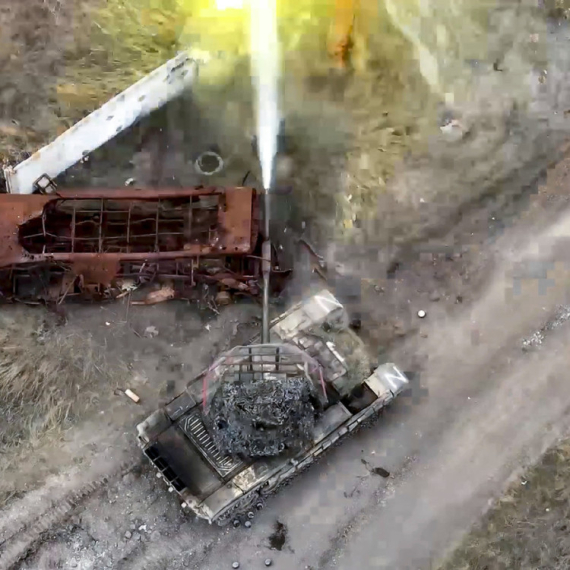Kosovo talks to continue after Dec. 10?
The Kosovo talks will likely continue after December 10, a ranking State Department official said in Brussels this week.
Friday, 21.09.2007.
16:14

The Kosovo talks will likely continue after December 10, a ranking State Department official said in Brussels this week. Tanjug news agency reported the statement quoting Brussels-based electronic daily EU Observer. Kosovo talks to continue after Dec. 10? "Whether we will have a solution on December 10 or whether the solution will follow soon after that – I think more likely the latter," EU Observer quoted David Kramer as saying. "It must be emphasized that this process cannot go on forever," the U.S. deputy assistant secretary for European and Eurasian Affairs told journalists in Brussels on Wednesday. "We have to be realistic", said Kramer, specifying that a solution by December 10, when the mediating Troika is to submit a report to the UN secretary-general, would imply that Russia had changed its position on this issue. "At the moment we haven't seen a shift" from Moscow's side, the Brussels daily said, quoting Kramer. Moscow fears that a unilateral proclamation of independence by Kosovo would trigger "a chain reaction" in other parts of the world, EU Observer said, quoting Kramer. But the leaders of Kosovo's ethnic Albanians have once again Friday reiterated they view December 10 as "the last day of the status talks." Kramer also said that "Kosovo is not a precedent" and dismissed comparisons between the southern Serbian province and other parts of the world where similar situations have remained unsolved for years, the daily said. "The Kosovo issue, among other issues of common concern to both Moscow and the West, is likely to get entangled in electoral campaigns in Russia in the run-up to the parliamentary elections there on December 2 and the presidential ones in March next year," EU Observer said. In talks with reporters in Brussels, Kramer reiterated concern that "an endless process will lead to a resumption of hostilities that none of us wants to see," the daily said. In order to avoid this, it might be possible to have a solution after December 10 "that not all parties will like," Kramer was quoted as saying. Friday, European Parliament MP, British Conservative Party member Charles Tannock said that the administration of U.S. President George Bush is "getting into a dangerous game" with its preparation unilaterally to recognize the possible independence of Kosovo. It is not taking into account the consequences that might result for Europe, Tannock wrote in an article published in the Scottish daily The Scotsman. "Look before you leap is as sound a principle in foreign policy as it is in life. Yet, once again, the Bush administration is preparing to leap into the unknown," Tannock said. "Even though lack of foresight is universally viewed as a leading cause of its Iraq debacle, Washington is again ignoring possible consequences and what it now intends to do might have a very negative impact on Europe," the British MP said. "The United States plans to act without the blessing of the United Nations, claiming that only an independent Kosovo would bring stability to the western Balkans." "Such an argument is debatable, and having in mind the results of the work so far of the Kosovo government - wrong even," Tannock said, adding that the U.S. "does not realize that a precedent in Kosovo would stoke instability, and perhaps even violence in other areas."
Kosovo talks to continue after Dec. 10?
"Whether we will have a solution on December 10 or whether the solution will follow soon after that – I think more likely the latter," EU Observer quoted David Kramer as saying."It must be emphasized that this process cannot go on forever," the U.S. deputy assistant secretary for European and Eurasian Affairs told journalists in Brussels on Wednesday.
"We have to be realistic", said Kramer, specifying that a solution by December 10, when the mediating Troika is to submit a report to the UN secretary-general, would imply that Russia had changed its position on this issue.
"At the moment we haven't seen a shift" from Moscow's side, the Brussels daily said, quoting Kramer.
Moscow fears that a unilateral proclamation of independence by Kosovo would trigger "a chain reaction" in other parts of the world, EU Observer said, quoting Kramer.
But the leaders of Kosovo's ethnic Albanians have once again Friday reiterated they view December 10 as "the last day of the status talks."
Kramer also said that "Kosovo is not a precedent" and dismissed comparisons between the southern Serbian province and other parts of the world where similar situations have remained unsolved for years, the daily said.
"The Kosovo issue, among other issues of common concern to both Moscow and the West, is likely to get entangled in electoral campaigns in Russia in the run-up to the parliamentary elections there on December 2 and the presidential ones in March next year," EU Observer said.
In talks with reporters in Brussels, Kramer reiterated concern that "an endless process will lead to a resumption of hostilities that none of us wants to see," the daily said.
In order to avoid this, it might be possible to have a solution after December 10 "that not all parties will like," Kramer was quoted as saying.
Friday, European Parliament MP, British Conservative Party member Charles Tannock said that the administration of U.S. President George Bush is "getting into a dangerous game" with its preparation unilaterally to recognize the possible independence of Kosovo.
It is not taking into account the consequences that might result for Europe, Tannock wrote in an article published in the Scottish daily The Scotsman.
"Look before you leap is as sound a principle in foreign policy as it is in life. Yet, once again, the Bush administration is preparing to leap into the unknown," Tannock said.
"Even though lack of foresight is universally viewed as a leading cause of its Iraq debacle, Washington is again ignoring possible consequences and what it now intends to do might have a very negative impact on Europe," the British MP said.
"The United States plans to act without the blessing of the United Nations, claiming that only an independent Kosovo would bring stability to the western Balkans."
"Such an argument is debatable, and having in mind the results of the work so far of the Kosovo government - wrong even," Tannock said, adding that the U.S. "does not realize that a precedent in Kosovo would stoke instability, and perhaps even violence in other areas."



















Komentari 15
Pogledaj komentare